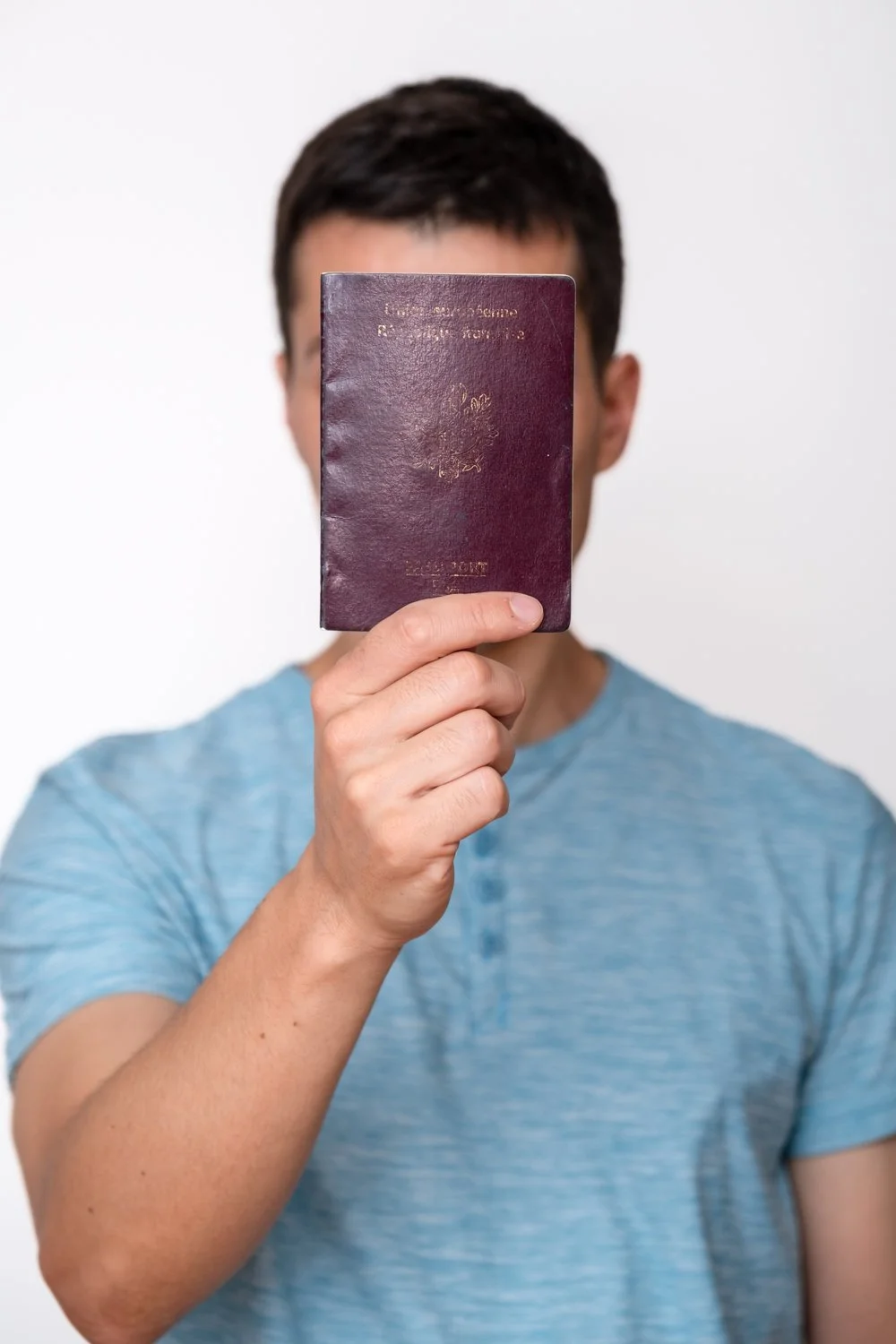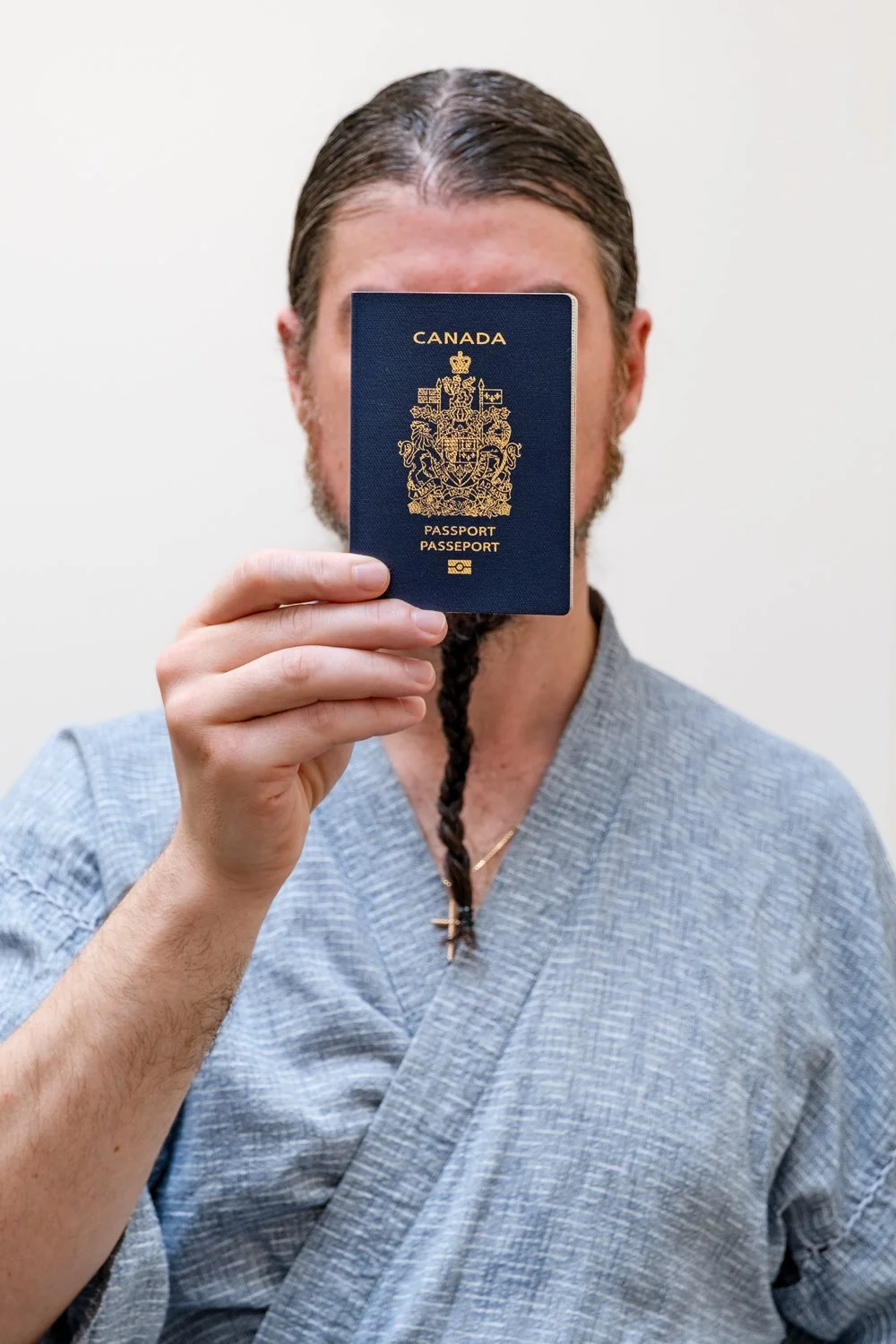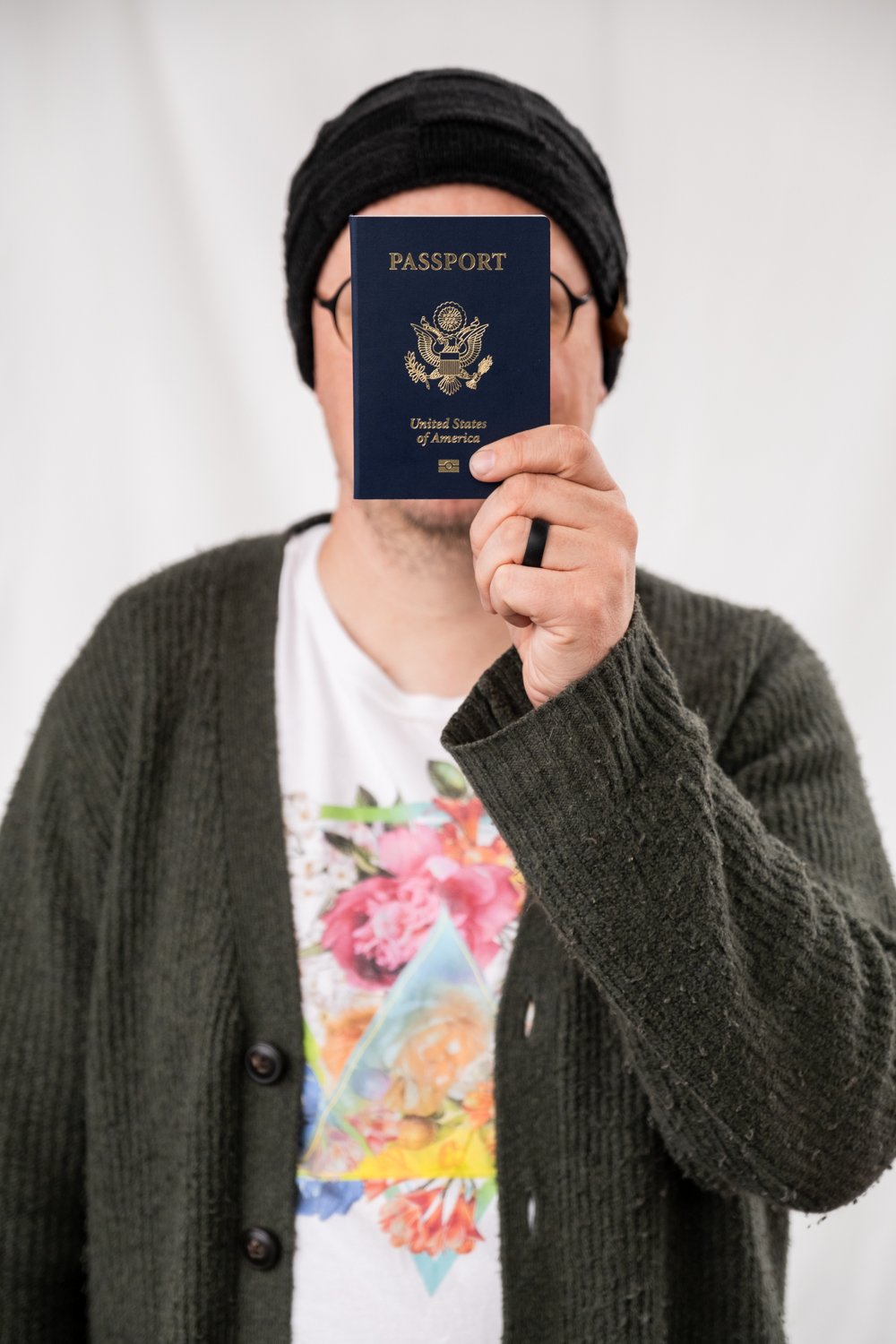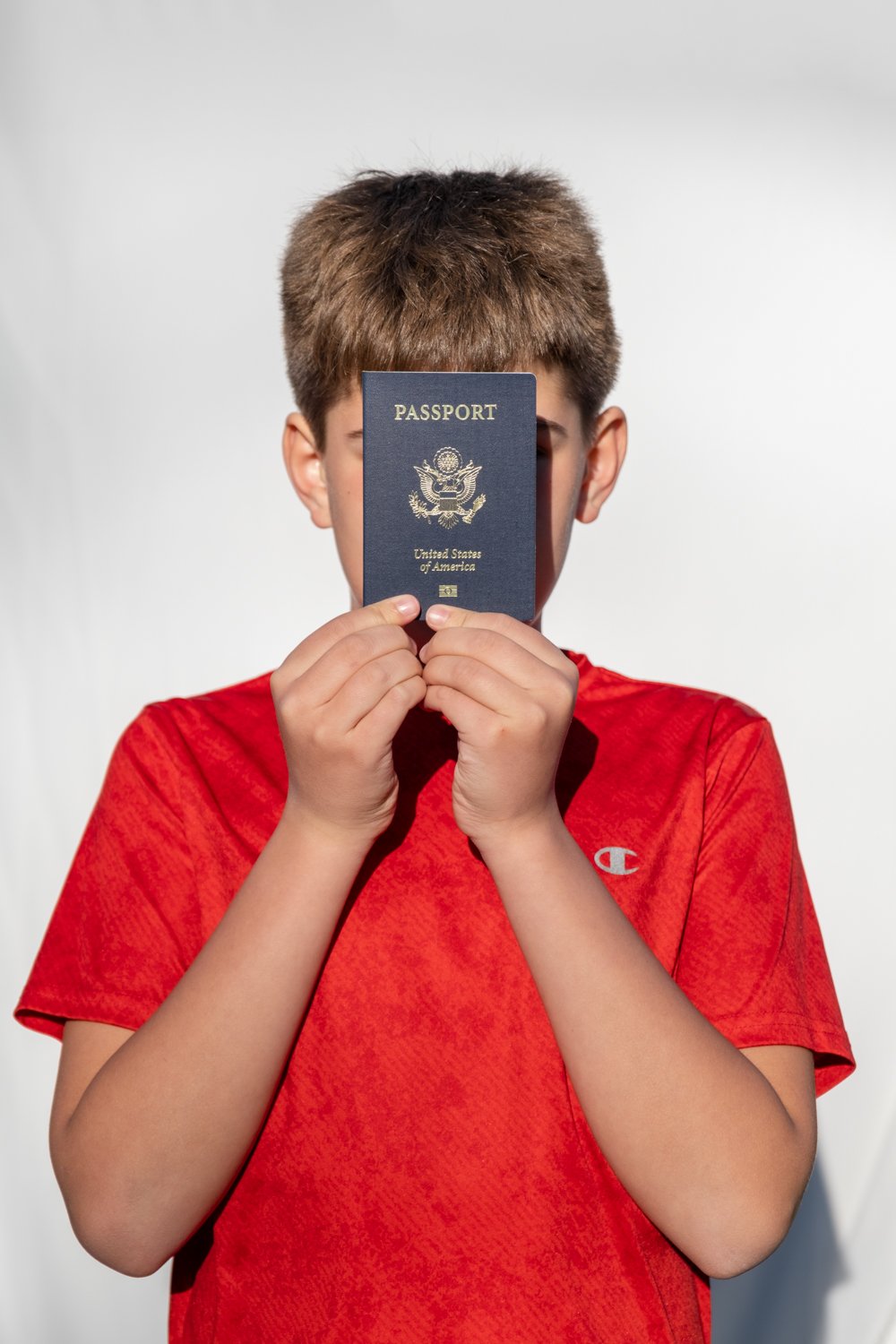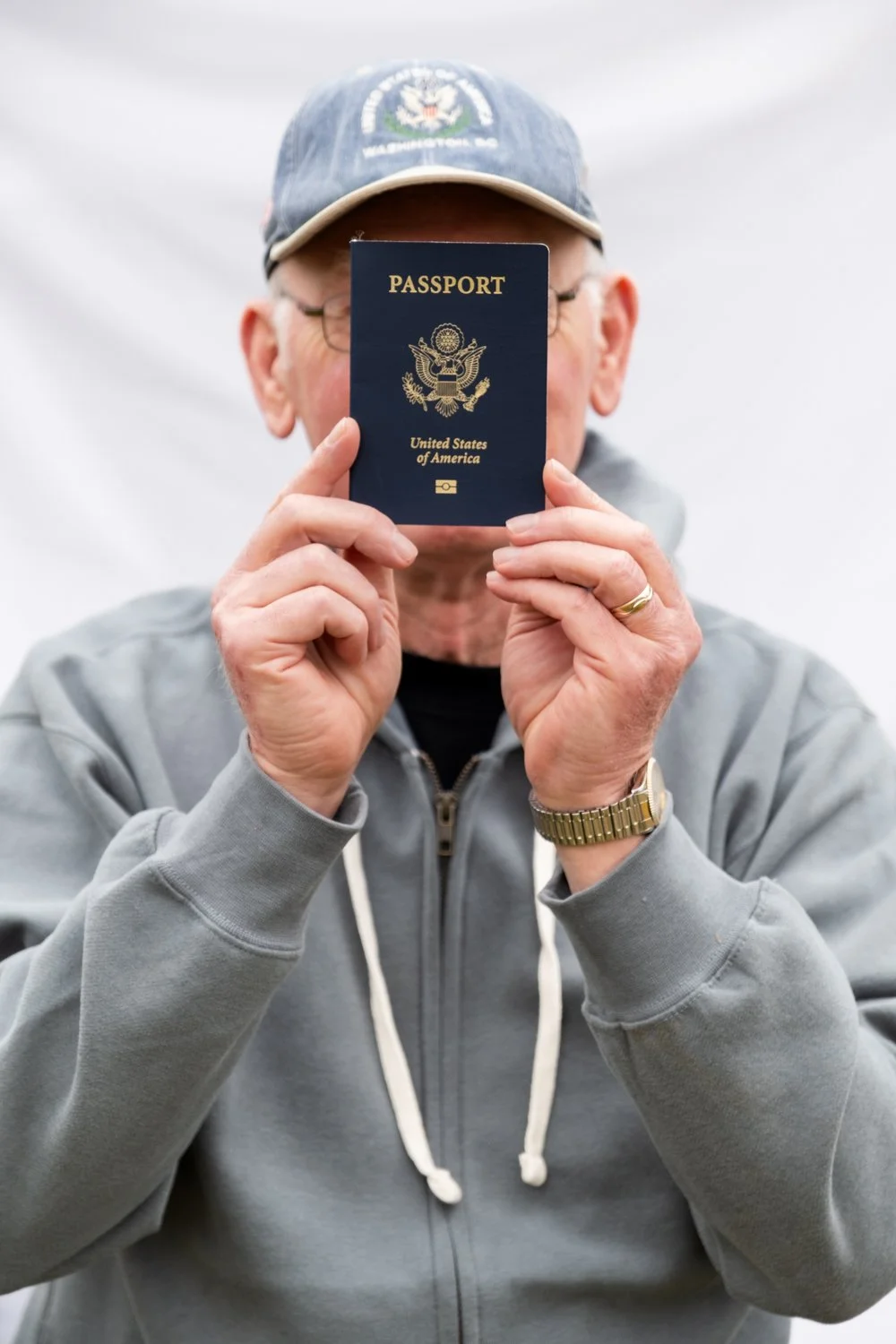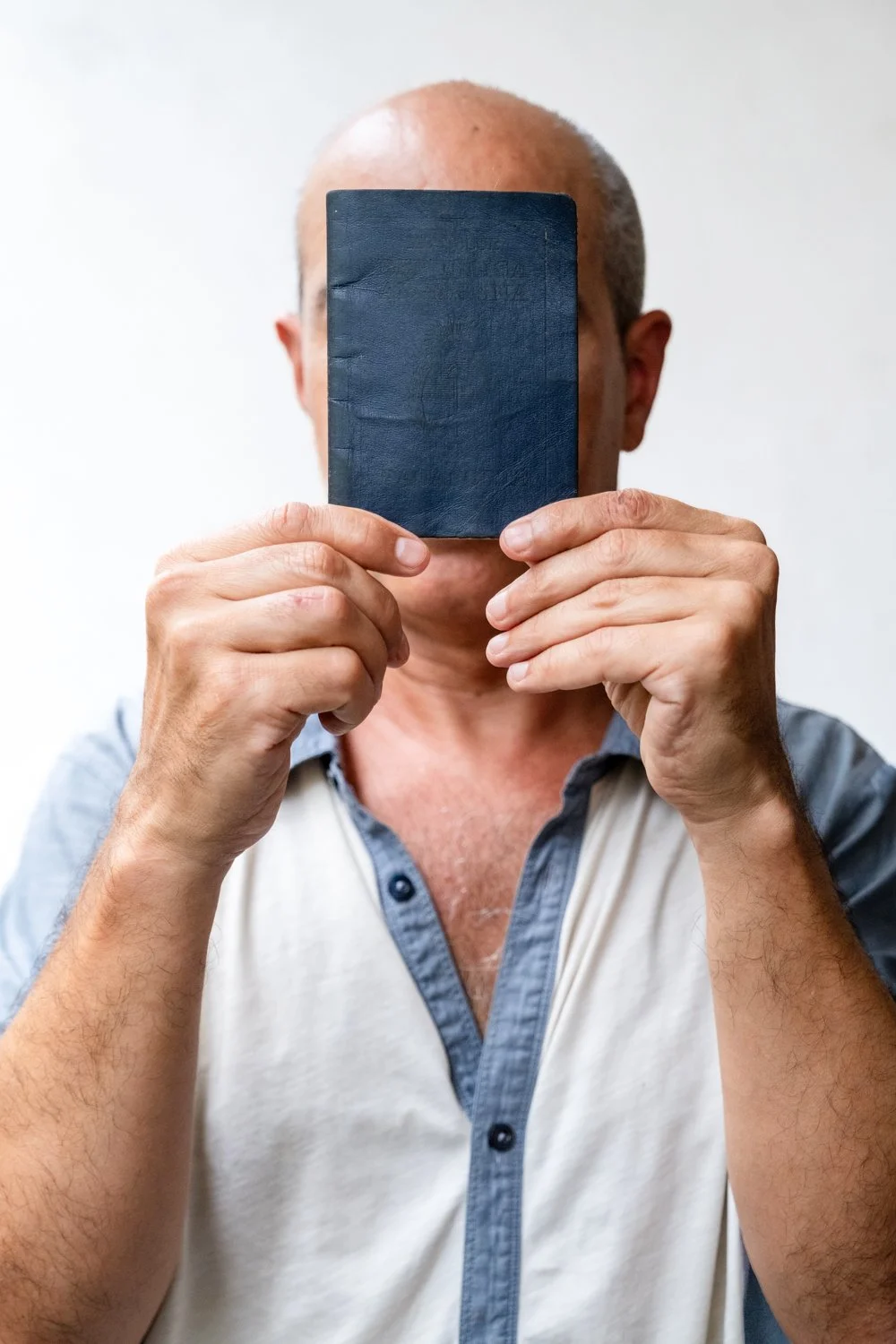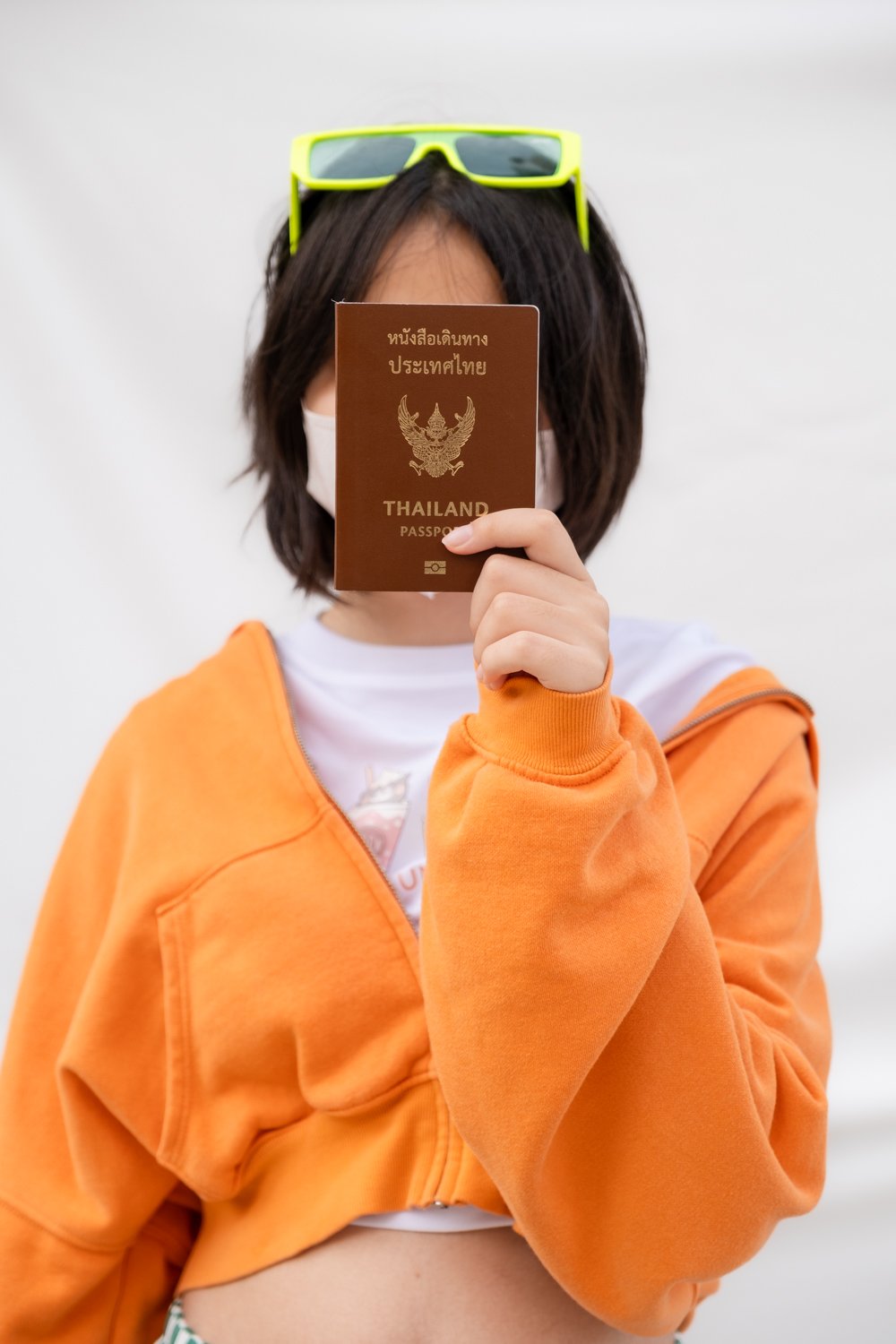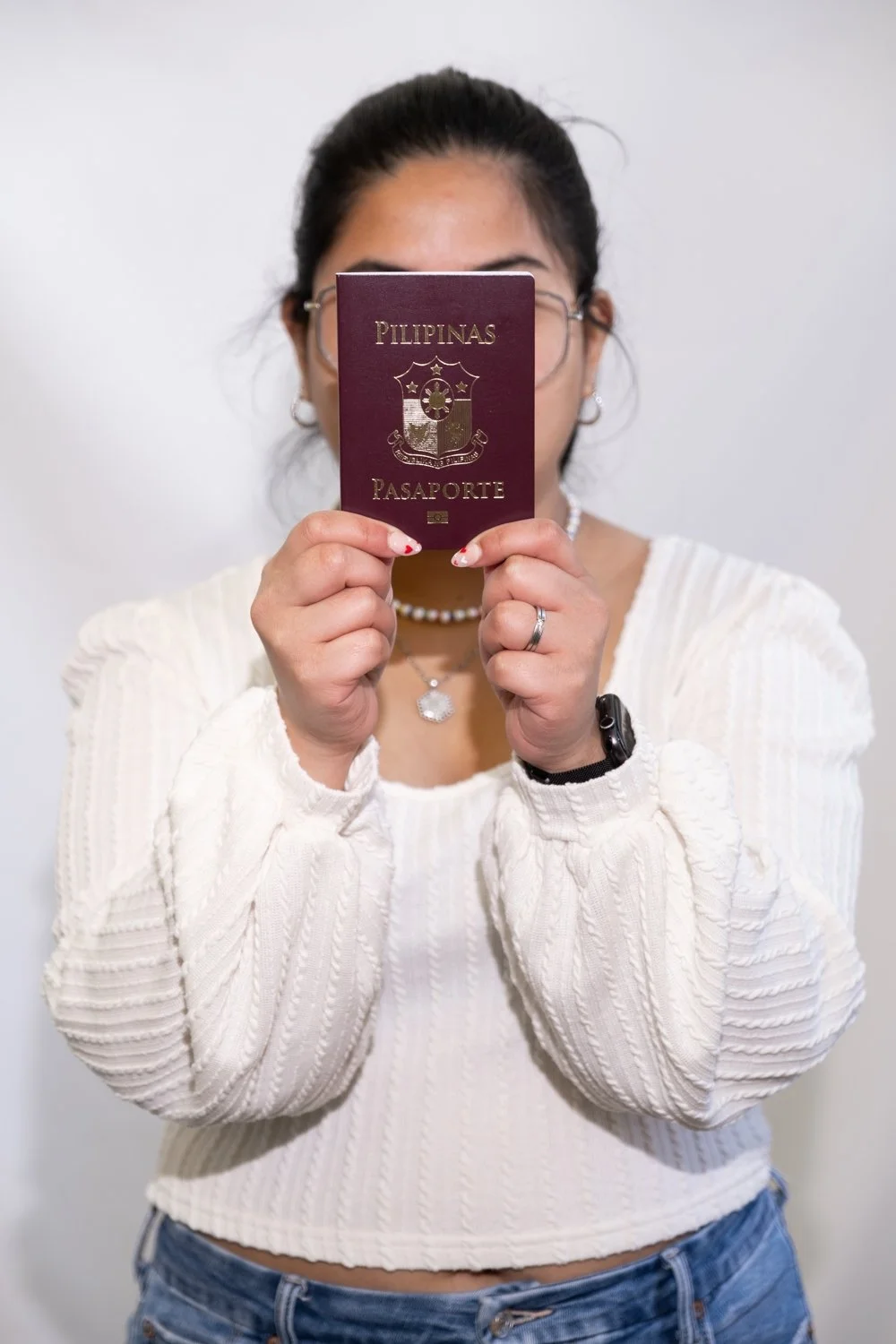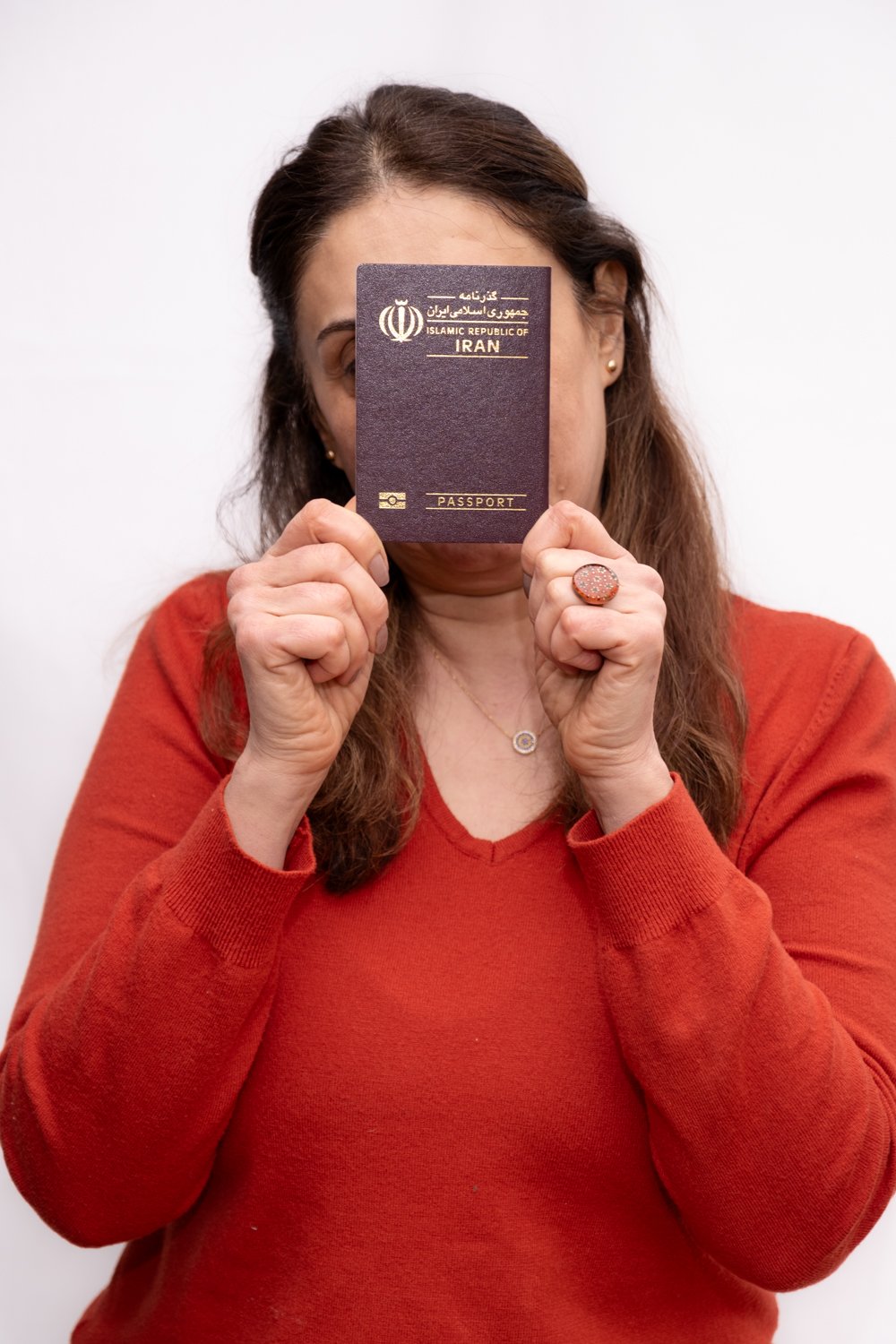RIGHTS oF PASSAGE
Freedom is defined as having the capacity to act or change without restriction or having the strength and resources to pursue one's goals without interference. We should have the freedom to move anywhere we want or to stay if we so choose as citizens of the world. But life is not that straightforward. Although we may have rights, the freedom we believe we have may not always be the reality, and for some, the opportunity to stay or leave is not given to them. Our constitutional rights are one thing, but what we are actually permitted to do is quite another.
As an international student who has always been on the move and has struggled with the idea of home and where I belong, I sometimes doubt my identity and the rights I have in this world. The difficulties I've had with mobility due to the passport I'm carrying, and questions about belonging, inspired the development of this work. As I've grown older and had the opportunity to travel to different countries, I've realized that the notion that we all enjoy freedom is no longer true. Moving to another country is difficult for some people and impossible for others. Many of us, world citizens, must go through lengthy visa application procedures even to visit a country.
As a Thai citizen, I must obtain a visa in order to travel to many countries, including the United States and all of Europe. Obtaining a visa is challenging even though applying for one is relatively easy. My financial statement and proof of a strong connection to my home country are required. Although I might have everything, the consular will ultimately decide. Even if we are granted a visa, entry is never guaranteed because it is up to customs at the country's checkpoints whether or not you are allowed in. Even though the country of origin on my passport is not one of the lowest ranking, I can already feel the difficulty and frustration of trying to obtain a visa. It causes me to consider other nations in worse circumstances than mine. I have heard numerous stories about the inequality and discrimination related to the passport's country of origin. Depending on the passport one carries, one may receive different treatment at the entry point. Some people spend hours on hold waiting for questions because their passports weren't on the preferred list.
Our identity has come to be determined by our passports because we sometimes are not treated as individuals but as our nation of origin. Although we cannot choose where we were born, the origin of a person's passport has unfortunately become a determining factor in whether or not they can enter a country.
It is also important to recognize how a person's place of origin influences their identity and mobility. The work aims to raise awareness of the issues to a wider audience who may be unaware of our struggles. While demanding justice may be beyond our control, we should try to understand and sympathize with those who may not have the same freedom of movement and opportunity as other nations.
Looking for all nations of passport holders to participate in this project.












